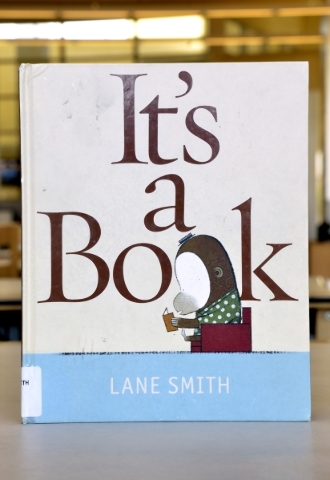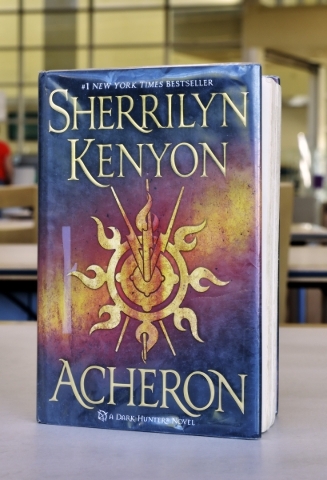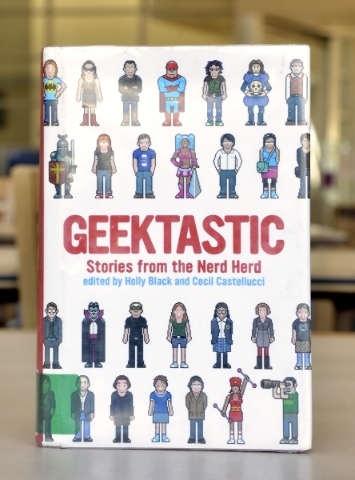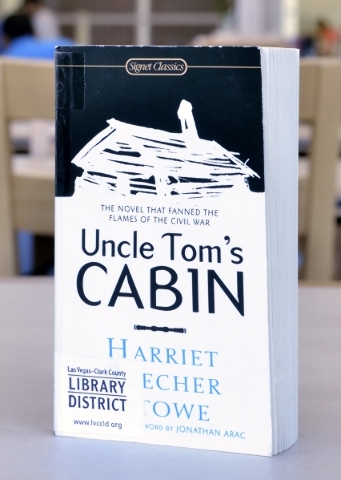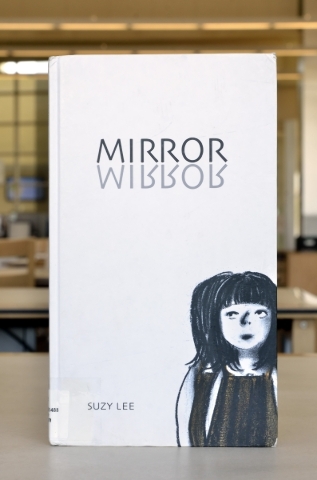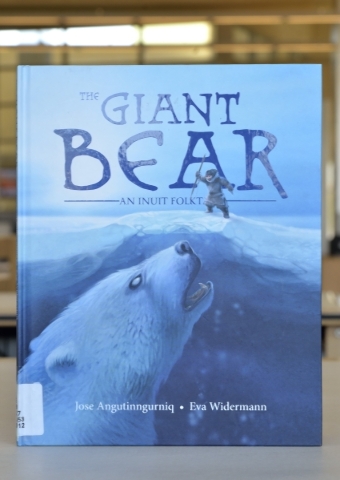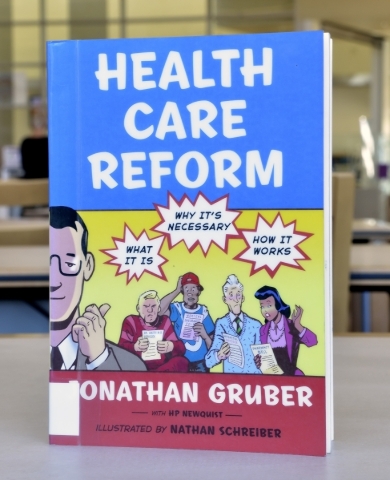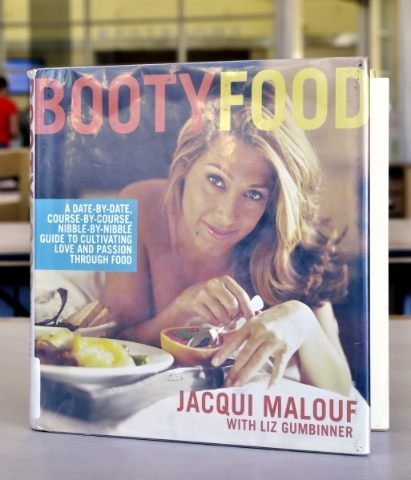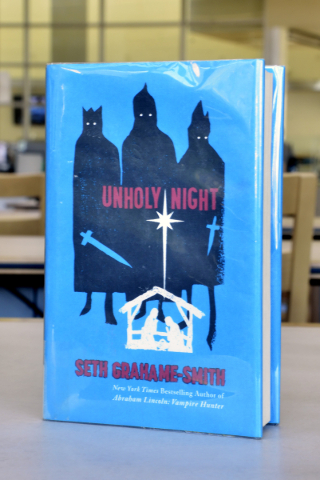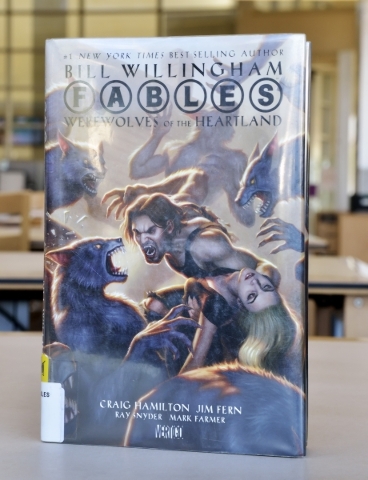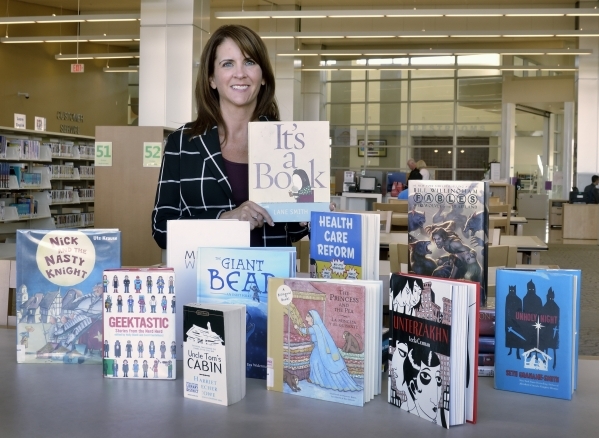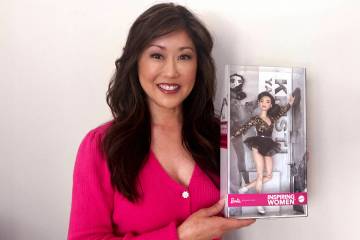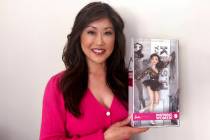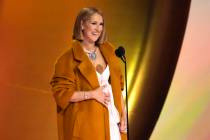Celebrate Banned Books Week by picking one up
Take an ordinary novel, add a dash of sex, an utterance of blasphemy, a spell of supernatural weirdness and a sprinkling of salty language and what do you get?
A best-seller, probably. And, almost certainly, a book that someone somewhere will argue shouldn't be found anywhere near a library shelf.
Today is the start of Banned Books Week, an annual national celebration of, according to the American Library Association, one of the event's sponsors, "our First Amendment freedom to read."
Banned Books Week also is that time each year when book-loving Americans become astounded at the books that have been challenged for one reason or another at libraries across the country and marvel at how anybody could have a problem with Harry Potter or, even, Curious George.
Seriously. According to the ALA, the parents of a kindergarten student in Michigan last year wanted H.A. Rey's "Curious George Takes a Job" removed from the child's school library, claiming that it promoted drug use. (Spoiler alert: George gets a job in a hospital and falls asleep after knocking over a bottle of ether.)
Each year's list of, as the ALA describes them, "challenged" books can get so bizarre that Kathy DiGeorge, young people's library collection development librarian at the Las Vegas-Clark County Library District, jokes that Banned Books Week also serves as "a librarian's holiday."
Consider, for instance, the patron here who once complained about "Uncle Tom's Cabin," a work that's often targeted for racism but which now is considered an American literary classic.
The funny thing, DiGeorge says, is that a copy of the book "was on a banned books display when the patron saw it and complained."
Comedic irony aside, banning books is serious business and it is librarians who are on the front lines of the battle to keep a diverse array of books available to their diverse universe of patrons. At the same time, local library representatives say they do take seriously any concerns patrons might have about books, DVDs and other materials in their collections, and that discussing patrons' concerns with them helps them better serve the public.
"We're really trying to get the right books into the right hands," DiGeorge explains. "We've all had that experience where you do that, where you get the right book into a kid's hands and all of a sudden reading is fun and they enjoy reading, or you get someone who's been diagnosed with something and you get a book in their hands and they are comforted or find a way through the pain. So that's really what we're trying to do."
Valley library representatives say it's rare for libraries here to field a request to remove an item from a library's collection, although patrons occasionally do voice a concern that a book would be more suitable re-cataloged for a different, usually older, audience.
Most such concerns are handled at the branch level, when a patron notes a concern to a branch librarian. DiGeorge says the Las Vegas-Clark County Library District sees "maybe 15 to 20" such instances in a typical year.
When a parent finds a book he or she believes to be inappropriate for a child, "it's personal to them," DiGeorge says. "You've angered Mama Bear. So it can be very hard for them, which is understandable, and they do have that right to defend their cub."
But, DiGeorge adds, "they just don't have the right to defend the whole world's cubs."
Forrest Lewis, director of the North Las Vegas Library District, says he can think of no instances when a patron has requested removal of a book or DVD, although "we have had incidents periodically where people may be concerned about where the book is located, and probably one of our biggest areas is around what is in the Young Adult section."
Gayle Hornaday, assistant director of Henderson Libraries, says patrons seeking the re-cataloging of materials "happens, maybe, once every couple of years."
"It's usually something where a book is for young people and there's something in there that (the parent thinks) young people should not be exposed to. And it's our stance that an adult should and can make the decision for their own family, but they don't have a right to make it for everyone's family," Hornaday says.
Robert Jones, library services coordinator for the Clark County School District, says a parent's objecting to a book in a school library "does occasionally occur, and we do have a process in place for ... when someone would like to challenge or bring a review of material."
But, he adds, "I've been here two years, and we haven't had a challenge go through."
More informally, there have been cases in which "a parent will come in and will say to the library, for example, 'I'm concerned with this book,' for whatever reason that might be," Jones adds.
When a parent requests a review of a book, the school librarian will ask the parent to fill out a form specifying his or her concerns. The school principal then will form a library media committee to serve as advisers, Jones says.
Committee members will read the book and make a recommendation to the principal to either leave the book on open shelving, remove it from the classroom or library, or require that it be circulated only with a parent's permission.
A similar protocol exists in public libraries. But, DiGeorge says, librarians also will impress upon patrons the reality that "we have a very diverse community with diverse viewpoints, so we have to have a diverse collection."
One reason patron objections are relatively rare here is that library materials are purchased only after extensive vetting. "We buy things based on reviews and evaluations for quality and that type of thing," Hornaday says. "So we don't just rampantly buy low-quality materials."
DiGeorge can recall "maybe two" items that have been removed from the library district's collection during the past nine years or so: A John Waters movie on DVD, and a graphic novel that contained sex and violence.
However, books have been targeted for less-obvious reasons. Hornaday notes that J.K. Rowling's Harry Potter series has been challenged for the wizardry and magic that lay at its thematic heart, and that a parent here once "objected to a scary story that was in the children's section, and the label (on the book said) 'This is a scary story.' "
Young Adult books can be a particularly tricky genre for libraries because it encompasses readers from 12 to 19 years old, and the themes YA authors tackle — divorce, religion, relationships, drug use, bullying, gender and sexual orientation — can be intense.
"So really, that's where you're going to get more of the challenges," Lewis says. "It's not even so much that people might have a problem with a book written about a certain subject, it's that they feel that younger children may be exposed to things too soon."
Unpopular or controversial topics can make a book a target. DiGeorge says Adolph Hitler's "Mein Kampf" has been challenged, while books about vaccination and the Affordable Care Act have been questioned by patrons for their supposed bias.
DiGeorge says items at issue so far this year in the Las Vegas-Clark County Library District include a DVD about bullying out of "a concern that it could be triggering or cause people to bully," a DVD drama that "depicted a drowning" and a picture book that eventually was moved from the picture book collection to the literature collection because it was "a more complex fairy tale."
Then there are the concerns absolutely nobody could have seen coming. Take, DiGeorge says, the patron who once asked the library to remove a DVD movie starring actor Richard Grieco because, the patron contended, "he was a horrible human being."
Contact reporter John Przybys at jprzybys@reviewjournal.com or 702-383-0280 or follow @JJPrzybys on Twitter.
Censorship in Nevada
In observance of Banned Books Week, the Las Vegas-Clark County Library District will sponsor "Uncensored Voices: Celebrating Your Freedom to Read" at 7 p.m. Tuesday at the Clark County Library, 1401 E. Flamingo Road.
Review-Journal columnist Steve Sebelius and a panel of educators and experts will discuss the state of censorship in Nevada. Staged readings of challenged and banned books will be presented, and a reception will follow.
The free event is co-sponsored by the ACLU of Nevada, UNLV's Curriculum Materials Library and Cockroach Theatre. For more information, call 702-507-3459.
Top 10 challenged books
According to the American Library Association, the top 10 most frequently challenged books in 2014 included:
1. “The Absolutely True Diary of a Part-Time Indian,” by Sherman Alexie (for reasons that include alleged cultural insensitivity, drug and alcohol use, gambling, sexual activity and offensive language).
2. “Persepolis,” by Marjane Satrapi (gambling, offensive language and political viewpoint).
3. “And Tango Makes Three,” by Justin Richardson and Peter Parnell (political and religious viewpoints, homosexuality and for allegedly being "anti-family").
4. “The Bluest Eye,” by Toni Morrison (sexual explicitness and "controversial issues").
5. “It’s Perfectly Normal,” by Robie Harris (nudity and sexual explicitness).
6. “Saga,” by Brian Vaughan and Fiona Staples ("anti-family," nudity and offensive language).
7. “The Kite Runner,” by Khaled Hosseini (offensive language and violence).
8. “The Perks of Being a Wallflower,” by Stephen Chbosky (drug and alcohol use, homosexuality, offensive language and sexual explicitness).
9. “A Stolen Life,” Jaycee Dugard (drug and alcohol use, offensive language and sexual explicitness).
10. “Drama,” by Raina Telgemeier (sexual explicitness).




